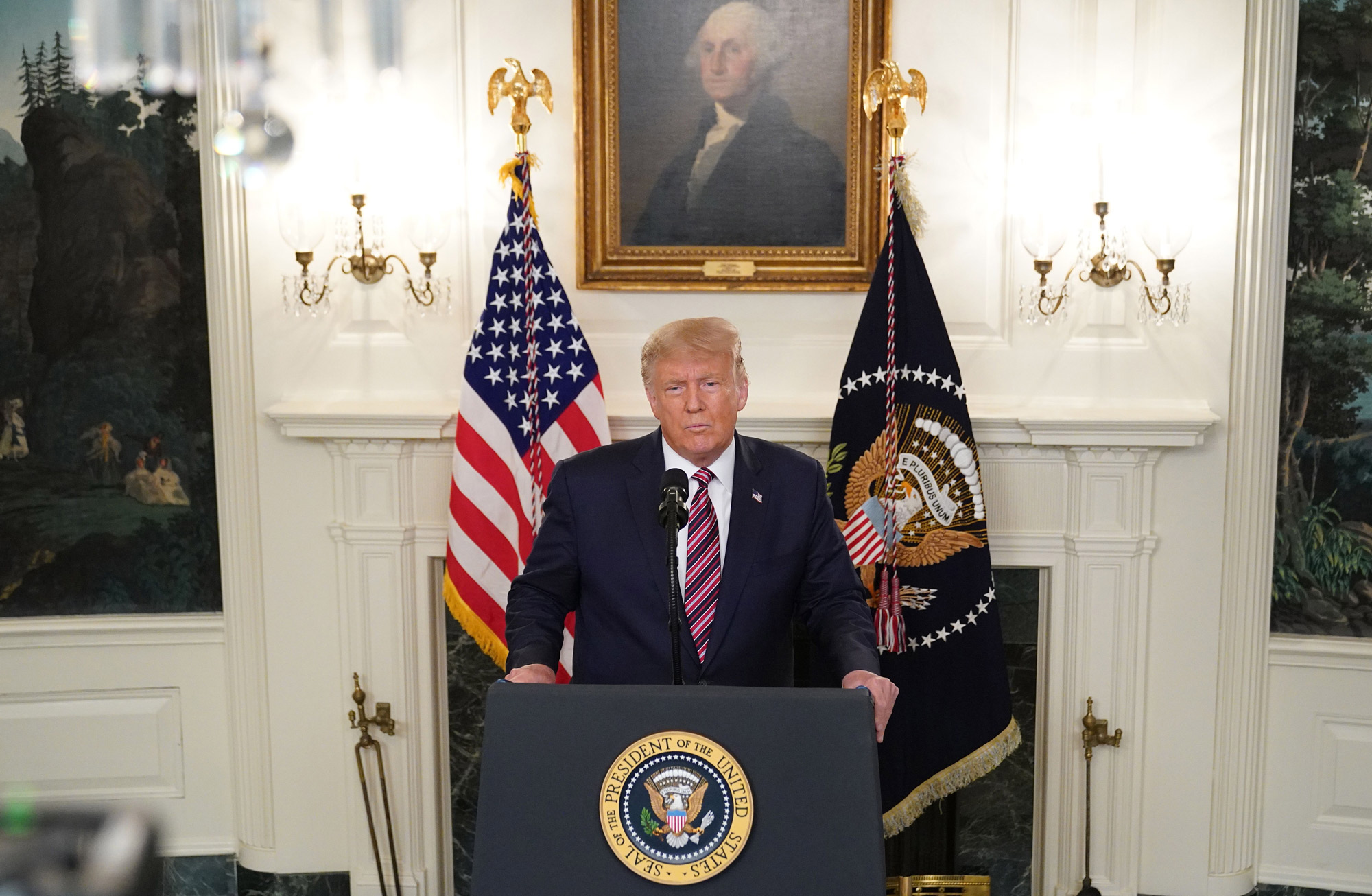
Mexico's President Unveils Diplomatic Trump Card: The Power Of "Nice"
As the world continues to grapple with the geopolitical fallout from Russia's invasion of Ukraine, Mexico has emerged as an unlikely diplomatic player, wielding the power of "nice" to navigate the treacherous terrain of international relations. President Andrés Manuel López Obrador, affectionately known as AMLO, has adopted a strategy of non-interference, neutrality, and empathy, positioning Mexico as a bridge between warring factions and a beacon of hope in a world marred by conflict.
The Diplomatic Doctrine of "Nice"
AMLO's diplomatic doctrine, rooted in his personal philosophy of "abrazos, no balazos" (hugs, not bullets), emphasizes dialogue, respect, and understanding over confrontation and coercion. He has consistently refused to take sides in the Ukraine-Russia conflict, advocating instead for peaceful resolutions and diplomatic efforts. This approach has earned him the admiration of many and the respect of world leaders, including both Russian President Vladimir Putin and Ukrainian President Volodymyr Zelenskyy.
Mexico's Strategic Neutrality
Mexico's strategic neutrality has allowed it to play a pivotal role in facilitating dialogue between warring parties. AMLO's refusal to condemn or sanction Russia outright has opened communication channels between Moscow and the West. In May 2022, AMLO hosted Russian Foreign Minister Sergey Lavrov in Mexico City, providing a platform for diplomatic engagement amidst escalating tensions. Mexico has also played a key role in mediating between the warring factions in Yemen, hosting peace talks between the Houthi rebels and the internationally recognized government.
The Power of Empathy
Beyond its neutrality, Mexico's diplomatic strategy hinges on the power of empathy. AMLO's personal charisma and genuine concern for the well-being of others have resonated with world leaders and the public alike. His refusal to demonize or blame any party has created a space for understanding and reconciliation. By recognizing the humanity of all involved in conflicts, AMLO has opened the door to peaceful resolutions that respect the sovereignty and aspirations of all nations.
Critical Perspectives
While AMLO's diplomatic strategy has been widely praised, it is not without its critics. Some argue that Mexico's neutrality could embolden aggressors and undermine international efforts to uphold human rights and international law. Others contend that AMLO's refusal to condemn Russia's actions in Ukraine amounts to tacit support for authoritarianism. However, it is important to note that Mexico's neutrality is not a form of complicity but rather a principled stance based on the belief that dialogue and empathy can foster peaceful resolutions.
Critics also argue that AMLO's personal style of diplomacy may be effective in limited contexts but is unlikely to be universally successful in addressing complex international conflicts. They point to Mexico's ongoing struggles with organized crime and corruption as evidence of the limitations of AMLO's approach. However, it is important to recognize that AMLO's diplomatic strategy is but one tool in Mexico's foreign policy toolkit and that it is complemented by other initiatives aimed at addressing domestic challenges.
Implications for the Future of Diplomacy
Mexico's diplomatic strategy under AMLO offers important lessons for the future of diplomacy. In a world increasingly characterized by division and conflict, the power of "nice" can serve as a catalyst for dialogue, understanding, and reconciliation. By embracing empathy, neutrality, and a genuine desire for peaceful resolutions, nations can play a vital role in fostering global stability and cooperation. While Mexico's approach may not be universally applicable, it demonstrates the value of alternative diplomatic strategies that prioritize dialogue over confrontation and seek to address the root causes of conflict.
As the world faces new and unprecedented challenges, the diplomatic trump card of "nice" may become increasingly valuable. By embracing empathy, understanding, and a genuine desire for peaceful resolutions, nations can work together to build a more just and equitable world for all.

Post a Comment